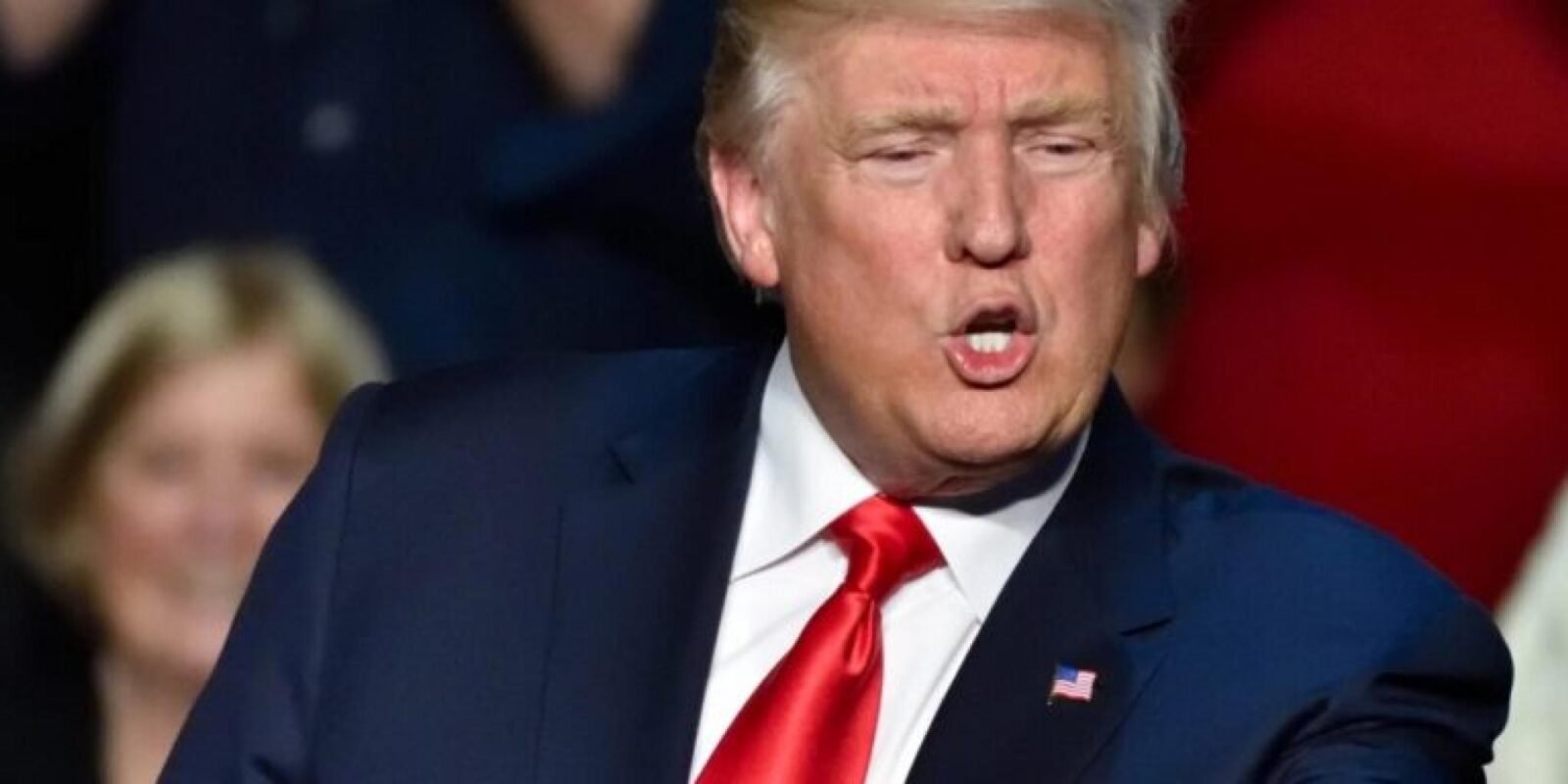Donald Trump’s New Crypto Project World Liberty Financial: Everything You Need To Know

Former President Donald Trump has officially entered the crypto space with the launch of World Liberty Financial (WLFI), a new decentralized finance (DeFi) platform centered around a crypto token.
The announcement came during a live Twitter Spaces event, marking Trump’s formal embrace of blockchain technology after months of hints on social media.
Here’s what you need to know about this latest venture:
What Is World Liberty Financial?
World Liberty Financial is being described as a DeFi money market that will allow users to borrow, lend, and earn interest on cryptocurrencies, with a focus on serving unbanked and underserved communities.
DeFi platforms differ from traditional financial institutions in that they remove intermediaries, enabling transactions to occur directly on a blockchain through smart contracts.
How Does It Work?
The project will issue a governance token called WLFI.
This token will enable holders to vote on decisions about the platform but will be non-transferable and non-yielding, making it different from traditional crypto assets that can be traded or used to generate passive income.
The project partners confirmed that 63% of the token supply will be available to accredited investors, with no pre-sales or venture capital allocations.
The remaining 37% will be divided between rewards for users and the project team.
What Does The Token Do And When Does It Launch?
The WLFI token is set to launch soon, although the exact date remains unclear.
The token’s primary function will be governance, meaning token holders will have a say in the future of the project.
However, the token will be restricted to accredited investors, which means only individuals with a net worth exceeding $1 million or other qualifications can participate, raising questions about the project’s aim to help underserved communities.
Also Read: Singapore’s DBS Bank Launches Bitcoin And Ethereum Options Trading For Institutional Clients
What Are The Concerns?
Critics have voiced concerns over the conflict of interest that Trump’s involvement in a crypto venture could raise, particularly given his current political ambitions.
The involvement of Chase Herro, an entrepreneur linked to a failed DeFi project called Dough Finance, has also raised eyebrows.
Dough Finance collapsed earlier this year due to a hack that wiped out investor funds, which has cast doubt on the security of this new venture.
Moreover, experts like Ciara Torres-Spelliscy, a professor at Stetson Law, have raised legal concerns, noting that Trump’s crypto project could fall afoul of the Constitution’s Emoluments Clause if foreign governments use the platform to curry favor with his administration.
This concern stems from the nature of DeFi, which allows global participation without identity verification.
What Is Trump Saying About It?
While Trump has been relatively quiet about the specifics of the project, he did say in a recent interview, “Crypto’s just one of those things we have to do, whether we like it or not.”
His son, Donald Trump Jr., emphasized the importance of DeFi in removing the political influence from finance, saying, “Banking has become politicized. DeFi takes that political component out of it.”
Despite skepticism and potential conflicts of interest, Trump’s venture into crypto has been largely welcomed by the blockchain community, reflecting the growing influence of crypto in U.S. politics.
Trump commented on his pivot to crypto on a Twitter Spaces event, saying he was “blown away” by the success of his NFT collections and the demand for cryptocurrencies to pay for them. He also credited his children, stating “Barron talks about his wallets; he’s got four wallets or something, and I’m saying, ‘What is it that he knows?’ But he gets it.”
As Trump continues to champion crypto, the launch of World Liberty Financial could become a pivotal issue in the 2024 election.
His involvement in the space will likely spark further discussions at Benzinga’s Future of Digital Assets event on Nov. 19, where industry leaders will explore the intersection of politics, finance, and blockchain technology.
Read Next:
Image: Shutterstock




